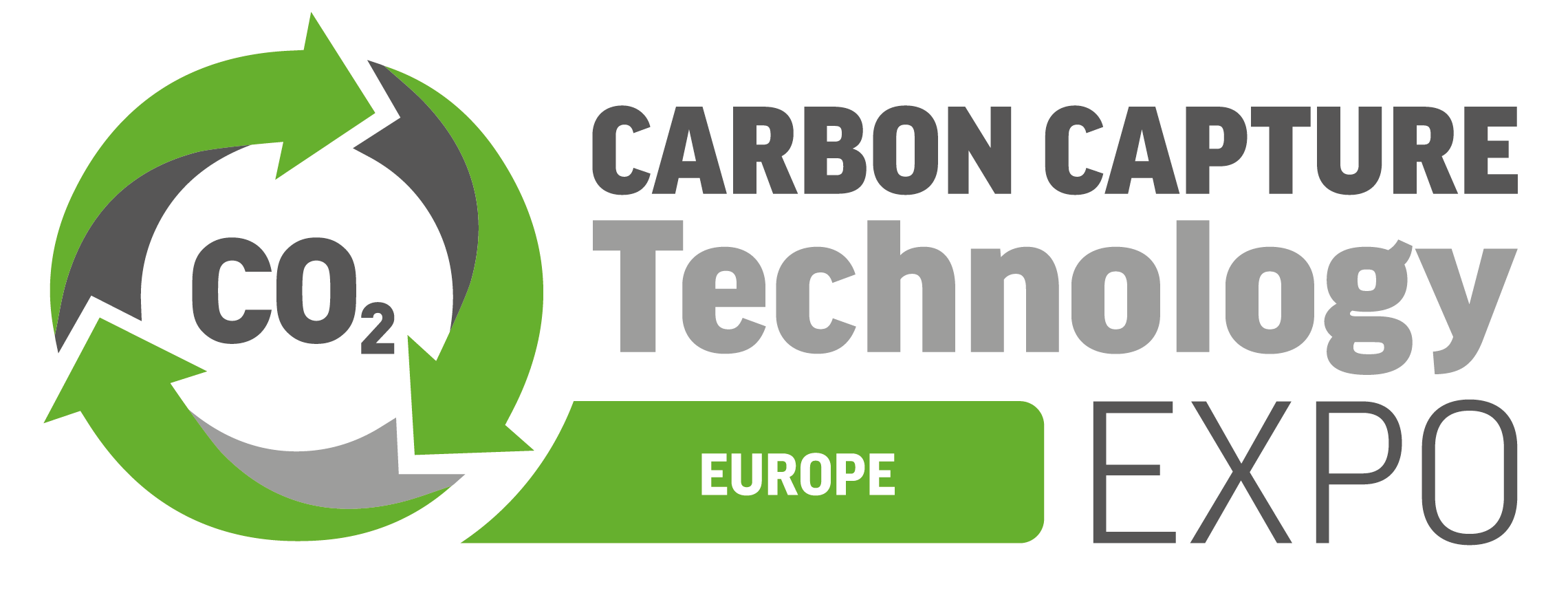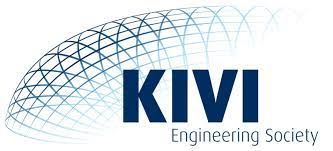Carbon Clean’s CycloneCC technology will be explored by BHP, Carbon Clean and JSW
)
JSW Steel, Carbon Clean and BHP have chosen to collaborate with the intention of accelerating the deployment of carbon capture technology, in order to decarbonise the steelmaking process. This collaboration commenced once the signing of a joint study agreement between the two parties occurred.
JSW Steel is India’s leading private sector steel company, whilst Carbon Clean is a carbon capture solutions provider and finally, BHP is a leading global resources company.
The agreement between the companies states that they will commence a joint study, with the intention of exploring the feasibility of Carbon Clean’s CycloneCC modular technology, in order to capture an estimated 100,000 tonnes of CO2 emissions on a daily basis. This is a significant development, as this would make the project the largest scale CycloneCC deployment within the steelmaking industry.
Right now, the project that is underway is a huge and important step forwards when it comes to supporting the scale-up of carbon capture and this includes the potential performance, costs and carbon abatement outcomes. It has been estimated that the joint studies that are now occurring, will be finished throughout 2026 and when this point has been reached, the next steps will involve the parties that are involved, looking into the possibility of installing CycloneCC at JSW Steel’s Vijayanagar site. This site is located in India’s southern state of Karnataka. From here the companies intend to utilise the captured CO2 and they will do this through liquefying the material and then selling it locally.
One part of this project that all the parties must consider, is the challenges around adopting carbon capture technology into the steel industry. These difficulties include capital expenditure and ongoing operating costs, as well as the consideration of possible space limitations. The plan for overcoming these challenged is presented by the CycloneCC rotating packed bed (RPB) technology, along with Carbon Clean’s proprietary APBS-CDRMax solvent. These pieces of equipment intend to address challenges through creating a reduction in total installed cost, as well as a reduction in the unit foot print by an estimated 50%. The companies also intend to include equipment that is ten times smaller in size, in comparison to conventional carbon capture technologies.
BHP’s Chief Commercial Officer, Rag Udd, commented, “We are actively studying multiple pathways for steel decarbonisation, including through use of hydrogen and renewable power, but we recognise that the blast furnace route will likely remain a pathway for the production of steel, particularly within India. Supporting the development of key abatement technologies such as CCUS is therefore critical. Partnerships and collaboration to accelerate the development and deployment of these technologies is essential, and we are pleased to be working with JSW Steel and Carbon Clean in tackling the challenge of decarbonising steelmaking.”
Joint Managing Director and CEO, JSW Steel, Mr. Jayant Acharya, added, “We remain committed to transforming our sustainability vision into reality and have already achieved a reduction of carbon emissions intensity by 30% against our 2005 baseline. At JSW Steel, we aim to further reduce our steelmaking intensity to 1.95 tonnes of CO2 per tonne of steel by 2030 and achieving net neutral carbon emissions by 2050. This commitment to decarbonisation has already been recognised by credible industry bodies, including the coveted award of ‘‘World Steel Sustainability Champion” for the past six consecutive years and recognition at COP28 of our “SEED” decarbonisation initiative as a “Changemaker”. We believe CCUS could be a financially viable decarbonisation lever which would be crucial to achieve near zero emissions in the steel sector and this collaboration for a scale-up application would help pave the way forward.”
Chair and CEO, Carbon Clean, Aniruddha Sharma, stated, “The potential impact of carbon capture in decarbonising the steel industry will be huge. First-of-a-kind projects are key to advancing technical innovation, providing valuable learnings that will benefit the entire steelmaking sector, as well as other hard-to-abate industries. Decarbonisation pioneers and early adopters of our modular CycloneCC solution will play a vital role in accelerating progress, with the aim for this technology to be fully commercialised and rolled out at scale.”




)
)
)
)
)
)
)
)
)
)
)
)
)
)
)
)
)
)
)
)
)
)
)
)
)
)
)
)
)
)
)

)
)

)
)
)
)
)
)
)
)
)
)
)


)
)
)
)
)

)
)

)

)
)
)
)
)
)
)
)
)


)
)
)
